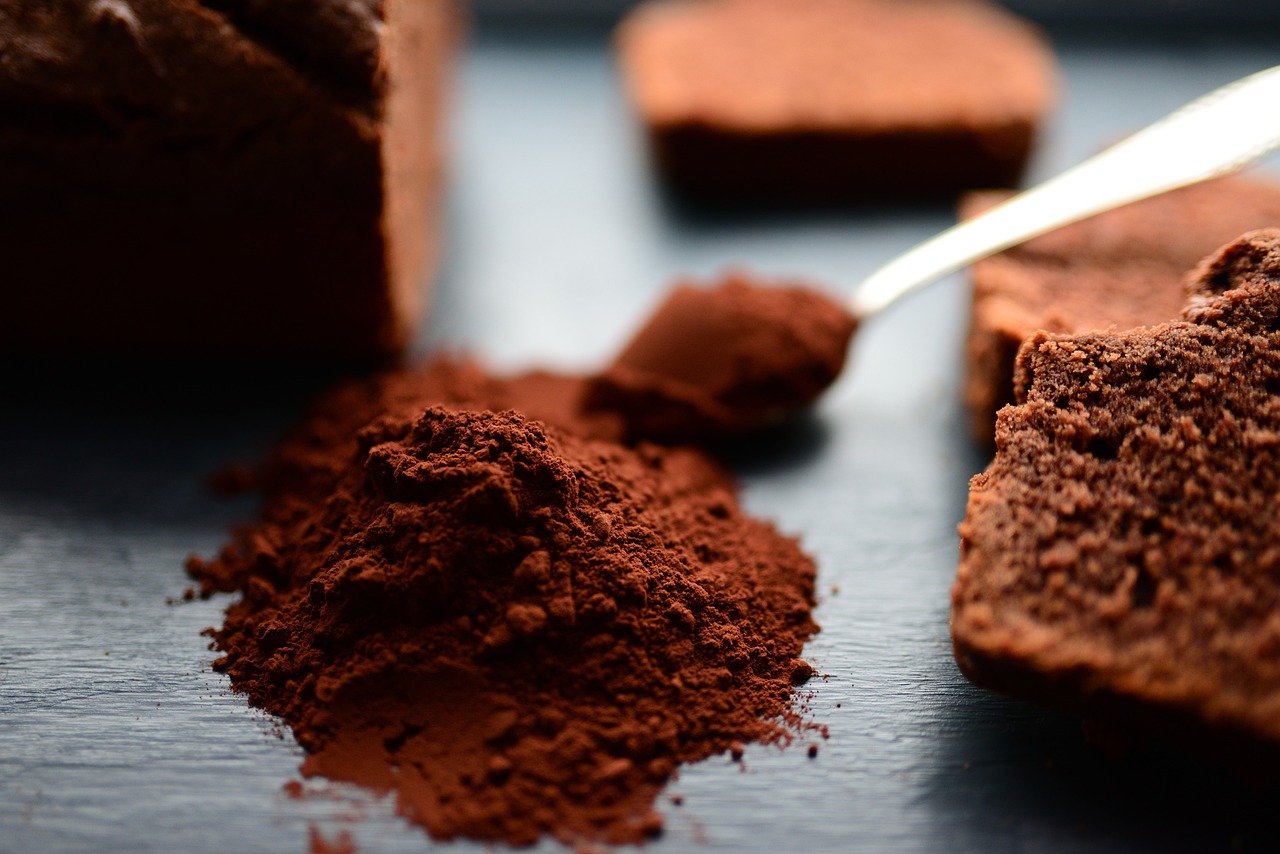
Sourcing Collagen: Ethical Considerations for Protein Powders
The demand for collagen protein powders is higher than ever, thanks to the boost in popularity in recent years.
With health and fitness as two of the popular industries, it’s not surprising that protein powders are gaining traction because of their numerous potential health benefits.
If you want to lose weight and build muscle, then taking collagen protein powder is even ideal for you!
But with the demand so high, the production speed and amount goes up. It’s really difficult to know whether the collagen protein powders we are consuming come from ethical manufacturing practices.
As one of the crucial factors to consider, let’s discuss the importance of this and how it affects the environment.
Determine the Ethical Sourcing of Collagen Products: A Checklist

There are many products on the market right now advertising they’re ethically sourced, but just to be sure, look out for these certain factors:
1. Ethical Certification
Suppose the product you are eyeing is what they claim they are. In that case, they should have a sticker from certified organizations like the Global Animal Partnership, Certified Humane, or Organic, stating that the product is authentic and has passed their quality checks.
You can easily see the seal plastered on the front of the packaging, but if you want to make sure, you can always check online.
The protein powder with collagen by Kissed Earth is high-quality and ethically sourced, which is why it’s one of the rising brands in Australia.
Apart from certification, we consumers also have the choice to opt for gluten-free and non-GMO products.
Compared to the regular ones, these two products are manufactured without genetically modified organisms, which is ideal for people who suffer from gluten sensitivities.
2. Animal Welfare and Sustainability
One of the main concerns about product sourcing is animal welfare, so check if the brand you’re eyeing has sources derived from humanely raised animals. We’ve heard horror stories of animals mistreated and living in horrible conditions.
A common source of collagen for supplements comes from cattle. They extract it from the bones, lungs, and tendons of the cattle at the animal farms.
Pigs are also a source of collagen. Tissues from rabbits, ducks, and chickens also work as a source of collagen. Recently, there has been a significant concern about using cattle to produce collagen supplements.
The use of cattle also causes a significant level of risk for transmitting Mad Cow disease or BSE (Bovine Spongiform Encephalopathy).
To reduce this, many manufacturers are using marine animals as the source of producing collagen. According to them, it’s a more sustainable and less controversial way of sourcing collagen.
When it comes to sustainability, we, as consumers, also have to be mindful when choosing products. Even if the brand markets them as sustainably sourced. Sustainable methods with lesser environmental impact are hard to come by in the manufacturing industry nowadays.
Despite what the product is marketed as, do your research and thoroughly check out the product description and the manufacturer’s process for sourcing.
3. Traceability
As a health-conscious generation, we must practice due diligence in tracking the origins of the collagen protein products we’re consuming. In line with that, we should be able to trace the origin of the collagen to ensure that it’s sourced from ethical suppliers and reputable companies.
4. Transparency
Harvesting and sourcing collagen is a complex practice, which is why it’s important for us to know that companies are using ethical practices in doing so. They must be transparent and provide information about the collagen’s origins. It may require them to reveal the country of origin if they are extracting collagen from animals. Companies also must disclose the type of farming methods they use to produce collagen.
Collagen Extraction Process

Raw collagen isn’t suitable for consumption. That’s why the manufacturers process raw collagen into hydrolyzed collagen, which is better for consumption. But, this entire consumption process involves following different steps like –
- Demineralization
- Extraction of collagen to make gelatin
- Getting hydrolyzed collagen from enzymatic hydrolysis.
The next processes involve taking the following steps –
- ION exchange
- Filtration
- Evaporation
- Sterilization
- Drying
The process takes collagen through its type one phase ( gelatin), which requires the hydrolysis process of gelatin. Hydrolyzed collagen is also a polypeptide composite that helps with the manufacturing of more denatured collagen or hydrolysis.
After this rigorous processing, the collagen we get dissolves easily in the water. Plus, there is no secondary displeasing taste. The chance of the production of bitter peptides becomes low with hydrolyzed protein.
Is Marine Collagen a More Ethical Source?
It’s important to concern ourselves with the ethical sourcing of collagen. This is why many of us come to believe that marine-sourced ones are more ethical. However, exploitation can always happen when industries start exploiting a species.
As we dive deeper into the research, we already see industries that could result in the exploitation of new species. In fact, the fishing industry has already been straining the marine environment.
There were a few cases suggesting that collagen production from the Marines requires its extractions from sea cucumbers. But it’s also important to note that sea cucumbers are already under the threat of being an endangered species in different parts of the world.
The damaging effect of the use of sea cucumbers was conspicuous, as some recent studies have shown that the population of sea cucumbers is decreasing in different parts of the world.
Although marine sources for collagen production might seem ethical, they have negative effects. It all depends on the practices for extraction. Whether it’s sustainable or not depends more on the process rather than the source of collagen being extracted.
Conclusion
The world we live in is constantly under different threats. Losing the balance of the environmental ecosystem can set off a series of natural calamities affecting us in the process.
So, it’s important to build awareness and mindfulness around the products we consume. We must enquire if the products underwent the right manufacturing process. While finding a sustainably manufactured product becomes difficult, we have to do our own research and choose the right option.
Choosing the right collagen protein product goes beyond the health benefits since it also means we’re expressing support for the companies and manufacturers that produce them. It’s important to choose producers that implement ethical practices so that we can make better-informed choices in the collagen industry.
Read Also:
Already have an account?
Sign In
Create your account
User added successfully. Log in








